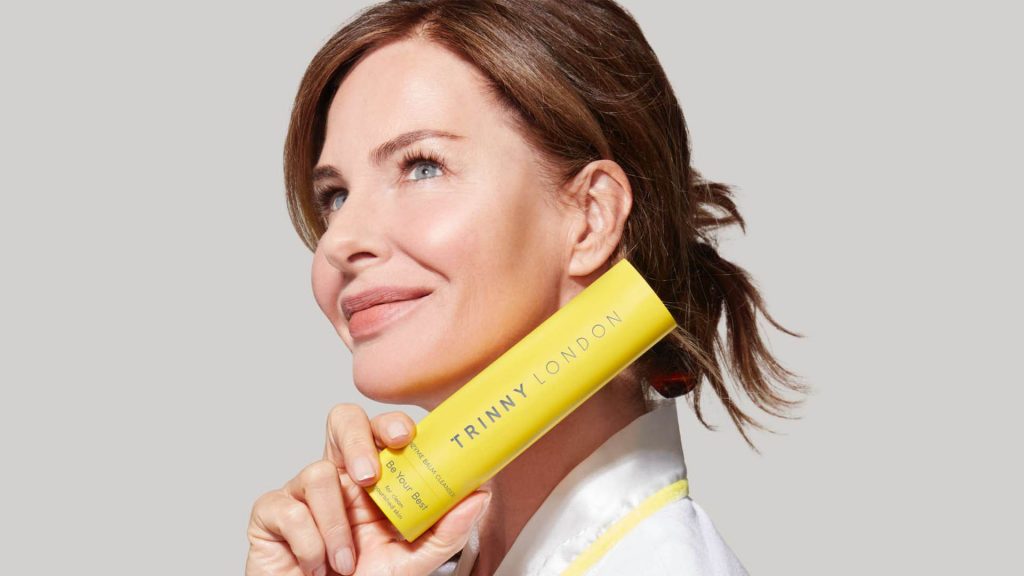Personal care sector therapies could slash mental health costs by £10bn
The use of personal care sector massage and touch therapies could help to ease the UK’s growing mental health burden by more than £10bn a year, a new report by leading personal care sector representatives and doctors claims.
Co-authored by British Beauty Council chief executive Helena Grzesk, UK Spa Association general manager Yvonne Ebdon MSc and Dr Neil Carpenter D Phil, MBA, BSc Hons; the report highlights the benefits of personal care services on mental health and calls for UK trials to demonstrate their value for money versus other more traditionally used treatments.
Mental ill-health is currently the single largest cause of disability in the UK, with mental health problems having increased by 8% during the pandemic, the report said.
With “significant global evidence now indicating that that touch therapy, as well as massage, can have a significant effect on reducing mental health problems,” as-well as addressing fatigue, compromised immune issues and pre and post-menopausal problems, UK governing bodies should urgently invest in their own research, in order to replicate the benefits being seen elsewhere, the report said.
With the use of touch and massage therapy having a return on investment of 15:1, the findings could lead to a significant benefit to UK plc, with a 10% reduction in mental health problems, equating to a saving of £10bn a year, it added.
Lost sick days could also be slashed by 1.76 million and sick days related to menopause by 1.4 million.
The integrated health improvements should be seen as part of the toolkit for solutions and social prescribing with existing medical services to support the NHS - with a clear strategy, policy and funding for Primary Care Trusts to access, the report added.
Other recommendations include an acceleration of the development of higher-level qualifications beyond English level 3, as well as the creation of higher qualifications (apprenticeship levels 4-7) to up-skill the workforce and improve the support of mental health and wellbeing.
Whilst the industry is recognised for funding of up to £9,000 for the new level 3 apprenticeship, the report also recommends that the industry be recognised by National education funding agencies for further and higher education across the UK and Northern Ireland with regard to apprenticeships 4 to level 7 (degree and master level), allowing SME employers to claim further funding for higher-level standards.
The personal care sector is worth in excess of £30 billion and provides 600,000 jobs across the UK.
Qualified therapists undertake in excess of 90 hours of training in anatomy physiology and pathologies as part of their nationally regulated qualification for entry into the workforce.
They subsequently undertake additional continual professional development training in cancer touch therapy, stress management and other touch therapies.






